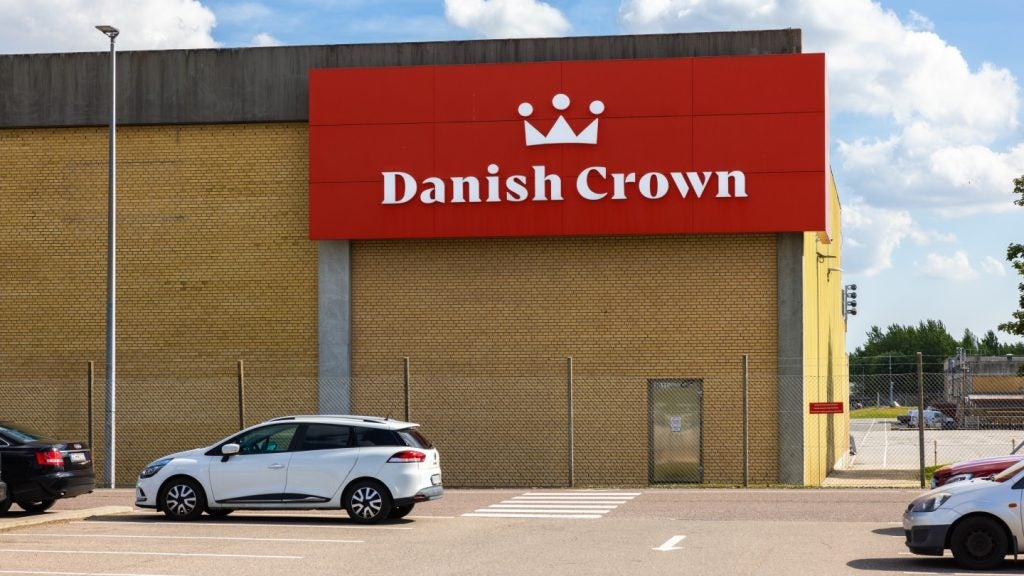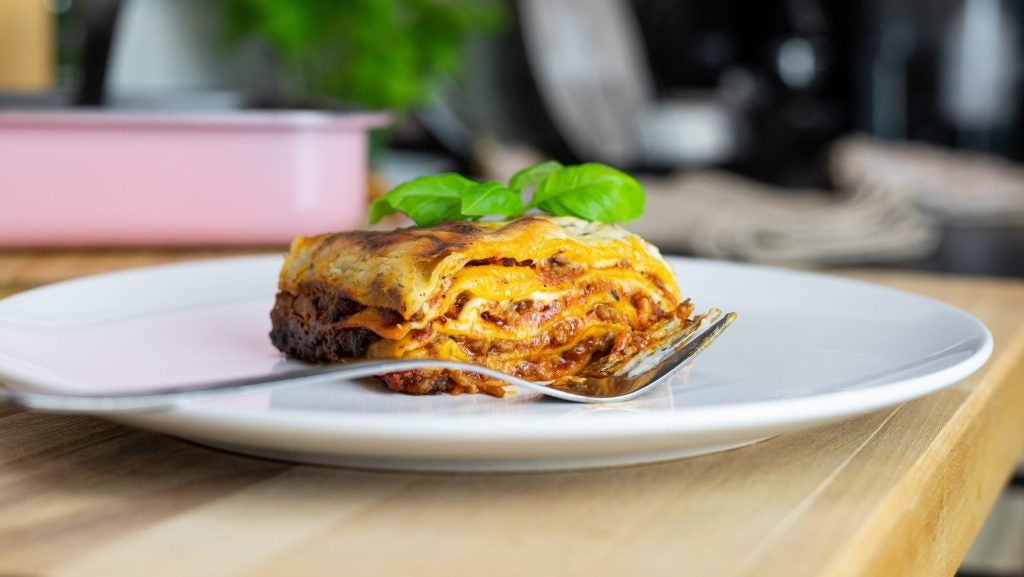Danish Crown has decided to stop selling retail-packed fresh meat in Germany as part of efforts to improve its profitability.
The decision will lead to the winding down of the Oldenburg Convenience division in Oldenburg in north-west Germany by the end of February.
Danish Crown's Oldenburg Convenience division has been responsible for packaging meat for the German retail sector for more than a decade.
The work has been carried out at Danish Crown’s bacon and deli factory in Oldenburg and at an abattoir further south in Essen.
Danish Crown senior vice-president Per Fischer Larsen said: “The competition in the German market is extremely tough and to make money selling fresh meat to German retailers costs must be minimal and volumes high.
“We've realised that our setup is not competitive, so we will produce our last fresh products for the German retailers at the end of February.”
Approximately 160 staff involved in the production of retail-packaged meat will be affected, the company said in its statement.
Most of these employees are expected to be offered “alternative positions” within the company either at the Oldenburg bacon and deli factory or at the Essen abattoir, which will remain open.
Another Danish Crown senior vice-president, Rasmus Aadal, said: “It is always unfortunate to close down operations, but in this case, we are fortunate to have a good outlook for retaining most of the employees.
“Over the coming weeks, we will meet with employee representatives and their unions to find the best possible solutions, which each employee will then individually consider.”
In October, the company announced plans to eliminate around 500 jobs as part of efforts to save DKr500m ($73.2m) annually.
The company’s CEO described the situation as a “crisis”, citing challenges such as a decline in slaughter pig numbers and rising operational costs that have hurt competitiveness.
Danish Crown also revealed plans to close its slaughterhouse in Ringsted last April, a move that took effect in mid-September.
The closure aimed to free up around DKr250m for investment over the next three years.
















